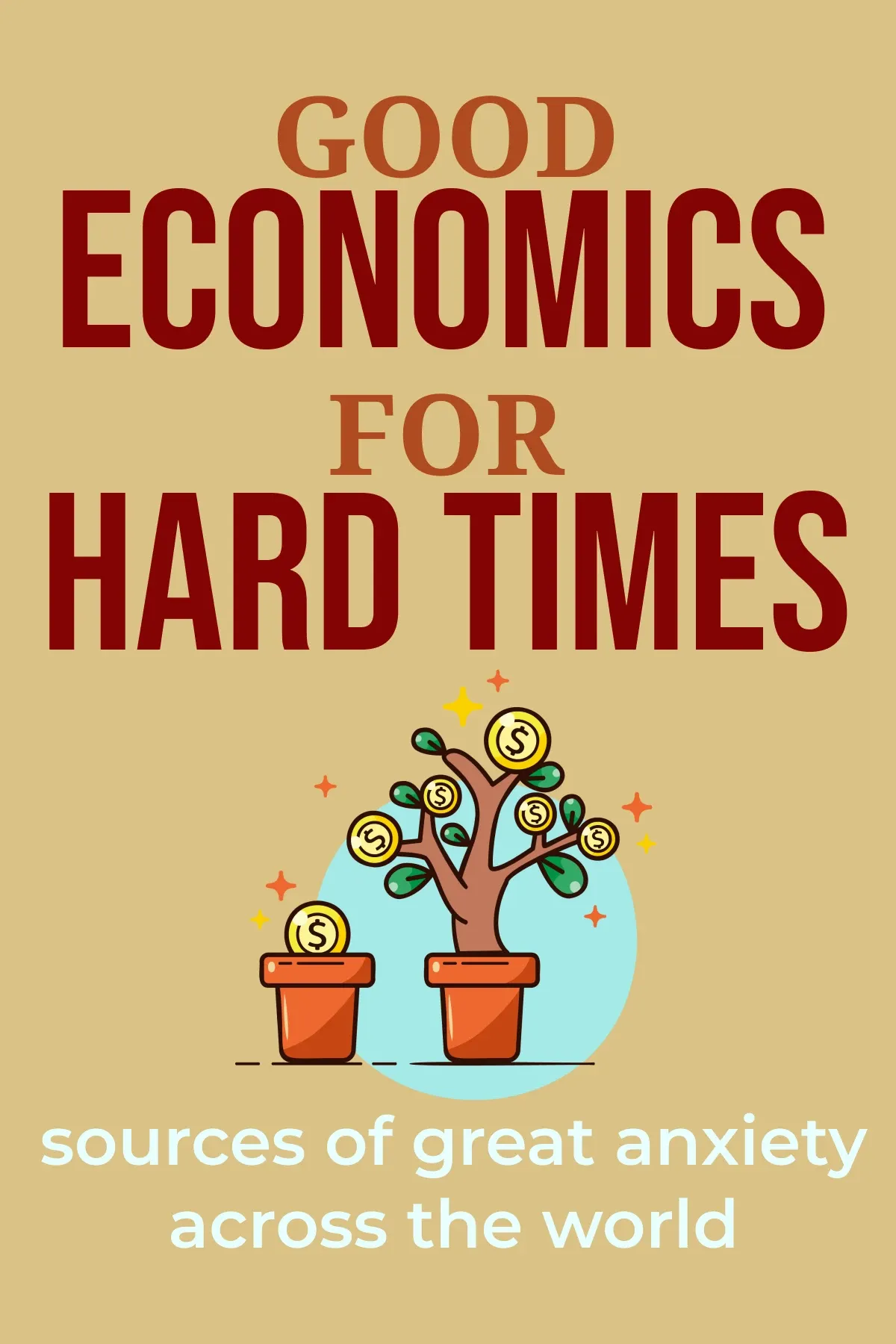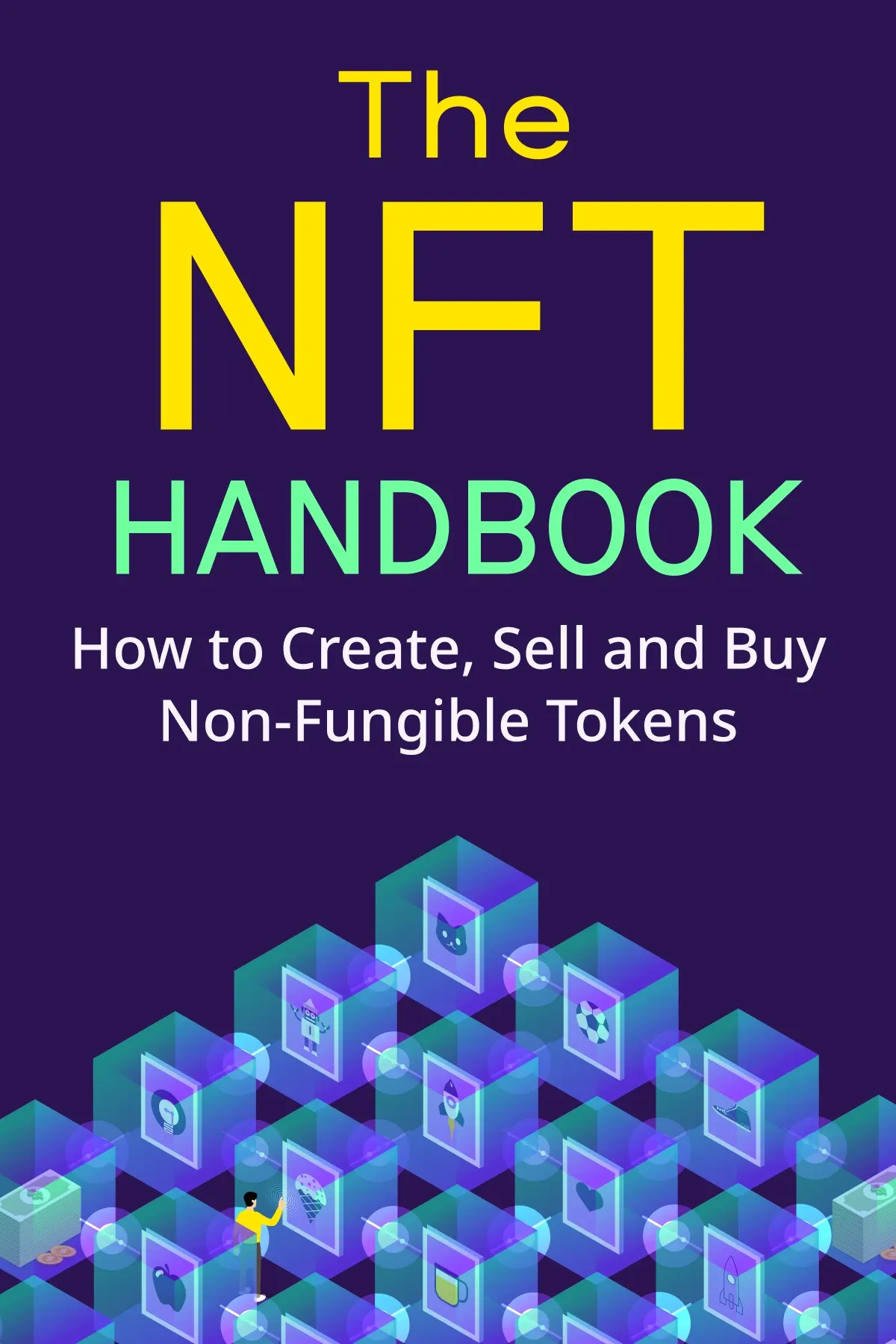
Fooled by Randomness
Brief Summary
“Fooled by Randomness” by Nassim Nicholas Taleb presents a powerful argument for the vital role of luck in our lives. Often, the key to success is not a person's skill but a lucky coincidence. Let's learn more about randomness and regularities in the market and other areas of life!
Key points
Key idea 1 of 7
When we look at someone wealthy, especially business people, we get the impression that they are geniuses. Have they achieved such success solely because of their skills and talents? Of course, there is some truth in it. You need to have a lot of knowledge and skills to sustain success for a long time. However, very often, not only do skills play a key role, but luck as well.
The story of Nero Tulip, a promising Wall Street trader, demonstrates it. Unlike his colleagues, who considered themselves almost business gods after their triumphs, he knew full well that it was not so much their skill as their luck. One day, Nero saw one of the traders at the Chicago Mercantile Exchange. The man was boasting of his success and parked his Porsche outside the hotel, but suddenly ran out as fast as he could, with his face expressing horror and anxiety.
The reason for this was apparent: the market had crashed, and so had the career of this trader. This situation had a great impact on Nero. Why? It demonstrated that you can never be sure of the future, no matter how much money you have now. An economic crisis, a global catastrophe, or an unpredictable event — the so-called “black swan” — can strike at any time and change the fate of even the most stable people.
It is our human nature to believe that in moments of prosperity, we are solely to blame and that it will always be so. Did someone's unpromising business take off and become one of the most popular in its field? It's because of the businessman's skill, not because the market is favorable. Did the antibacterial company get rich? It is because of a successful strategy, not because of the coronavirus outbreak in the world.
However, there are favorable or unfavorable circumstances behind any success or failure. Thus, a successful trader may indeed be a master of his craft. Yet, he may also be fortunate to have started this business at the right time and chosen a niche that is in demand. This fact can be both encouraging and alarming, but it is always worth remembering that our lives may depend on “black swans.”
FAQ
You may also like these summaries











